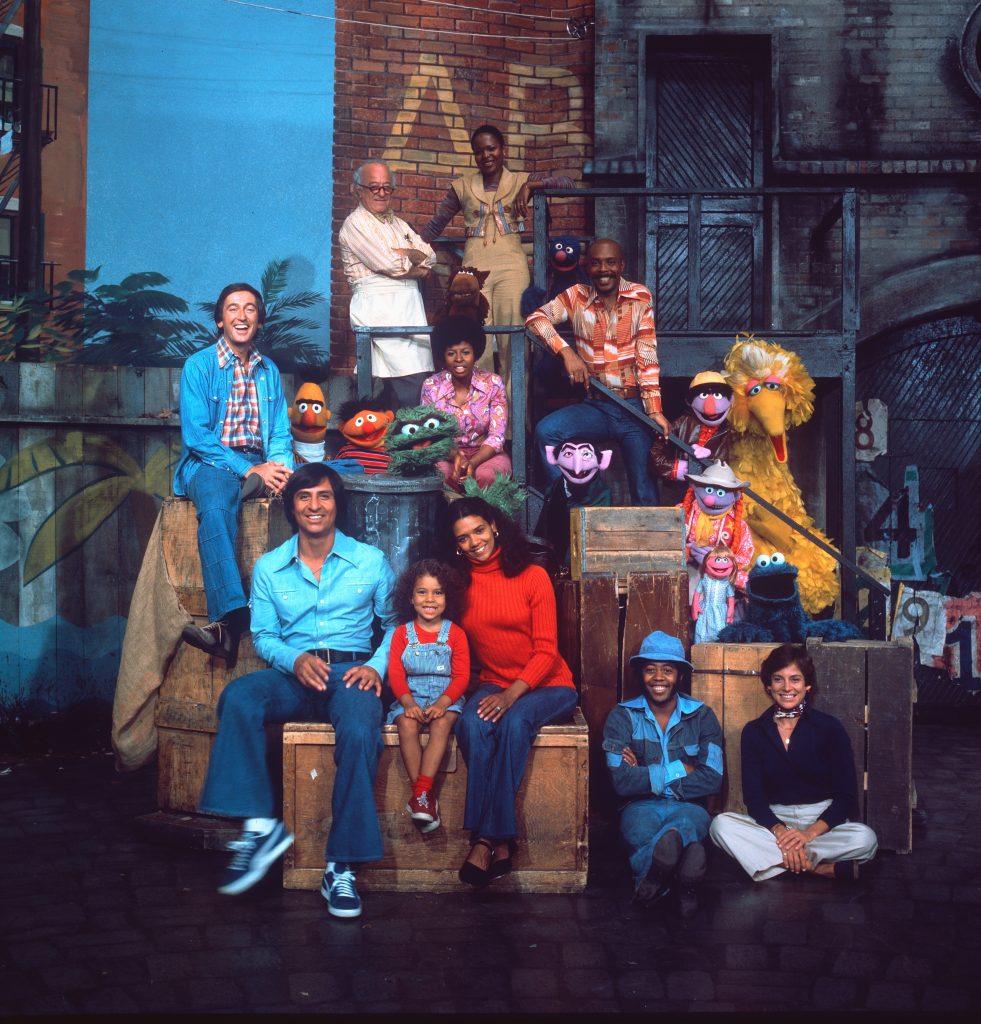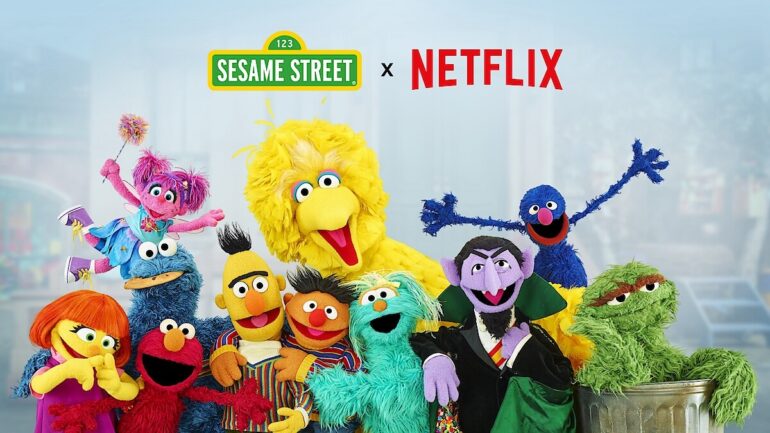As Sesame Street celebrates its 55th anniversary, it’s an ideal time to reflect on the profound legacy this iconic show has built—not just in children’s entertainment but as a pioneering force in early childhood education and cultural representation. Since its debut on November 10, 1969, Sesame Street has redefined what television can accomplish, combining entertainment and education in a way that continues to resonate with children, parents, and educators worldwide.
The Birth of a Revolutionary Idea
When creators Joan Ganz Cooney and Lloyd Morrisett first envisioned Sesame Street, they aimed to leverage the popularity of television to support children’s learning, particularly those from disadvantaged backgrounds. Cooney, a producer with experience in educational television, saw the potential to close learning gaps by reaching children directly in their homes. Alongside Morrisett, a psychologist interested in early education, Cooney devised a show that would prepare children for school by teaching foundational literacy, numeracy, and social skills—all through engaging content.
With the support of the Carnegie Corporation and the Ford Foundation, Cooney and Morrisett launched the Children’s Television Workshop (now Sesame Workshop), an organization dedicated to producing high-quality educational programming. They assembled a team of educators, psychologists, writers, and puppeteers—including the legendary Jim Henson—to bring the vision of Sesame Street to life. Their goal was simple yet ambitious: create a show that could truly impact children’s lives, blending humor and heart with essential lessons for personal growth and academic readiness.
Revolutionizing Educational Content
At a time when children’s programming consisted largely of slapstick humor and simple narratives, Sesame Street broke new ground by embedding educational goals into every segment. The show pioneered what is known as the “curriculum-based approach” to television, meaning that each episode, skit, and song was crafted around clear, research-backed educational objectives. Whether teaching numbers, letters, or emotional expression, every scene on Sesame Street was designed with a purpose.
The show’s impact on literacy is particularly notable. Through iconic sketches like The Count’s lessons on numbers, Cookie Monster’s “Me Want Cookie!” adventures, and Big Bird’s earnest explorations, Sesame Street has helped countless children develop early reading and math skills. Studies over the years have shown that children who watch Sesame Street enter school with stronger vocabularies and a better grasp of early literacy concepts than their peers who don’t. In fact, Sesame Street has been credited with improving school readiness, contributing to higher achievement in later grades—a rare accomplishment for any television program.
Cultural Representation and Inclusivity
Sesame Street was revolutionary not only in its educational approach but also in its commitment to cultural diversity and inclusivity. From the start, the show portrayed a multiracial cast living together in a vibrant urban neighborhood, a choice that was both groundbreaking and impactful during the civil rights era. This diverse representation was intentional; Cooney and her team knew that many children watching the show would be from minority communities, and they wanted Sesame Street to reflect that reality.
Throughout its run, Sesame Street has continued to tackle complex social issues in a way children can understand. The show has introduced characters with autism, like Julia, and highlighted characters with physical disabilities, different family structures, and varying cultural backgrounds. These choices have set Sesame Street apart as a platform for empathy and acceptance, helping children learn to value differences and understand the experiences of others.
The show’s commitment to representation extended beyond characters to the topics it addressed. In the 1980s, it explored issues like divorce and death, providing families with a gentle framework to discuss these often challenging subjects. The 2000s saw the show addressing topics like military deployment, homelessness, and adoption, acknowledging the changing dynamics in many children’s lives. By addressing real-life challenges, Sesame Street created a safe space for children to explore and understand their emotions, preparing them not only for school but for life.
Cultural Phenomenon and International Influence
As Sesame Street gained popularity, it grew beyond an American TV show, expanding its reach to audiences around the world. The format’s success led to the creation of international adaptations in more than 150 countries, each tailored to the cultural and educational needs of its region. Whether it’s “Rechov Sumsum” in Israel, “Galli Galli Sim Sim” in India, or “Jalan Sesama” in Indonesia, each adaptation combines universal values with local customs, songs, and languages to create a sense of belonging for children worldwide.
International versions of Sesame Street have often tackled issues unique to their cultures. For example, in South Africa’s “Takalani Sesame,” a Muppet character named Kami was introduced as HIV-positive to help break the stigma around the disease and educate children about health. In Afghanistan’s “Baghch-e-Simsim,” female characters encourage girls’ education, modeling empowerment and challenging gender norms.
These adaptations underscore the power of Sesame Street to not only teach academic skills but also promote global values of understanding, equality, and resilience. The show’s legacy is truly global, fostering a generation of children who appreciate both their own and others’ cultures.
Beyond the Screen: Sesame Street in the Digital Age
As viewing habits have evolved, so has Sesame Street. From DVDs to streaming platforms like HBO Max and educational apps, the show has continually adapted to meet children where they are. In recent years, Sesame Workshop has created digital resources for parents and educators, addressing issues like coping with the COVID-19 pandemic and racial justice. The show’s resilience and adaptability underscore its commitment to providing children and families with valuable learning resources, no matter the platform.
Sesame Street remains a cultural touchstone, capturing the imaginations of children while offering parents peace of mind. Its characters—like Elmo, whose cheerful curiosity inspires young viewers, and Oscar the Grouch, who teaches that not everyone has to be happy all the time—remain timeless, each imparting lessons about kindness, empathy, and resilience.
A Legacy of Love, Learning, and Laughter
Celebrating 55 years, Sesame Street has cemented itself as more than just a children’s program. It is a cultural institution, a beacon of progressive education, and a symbol of compassion and diversity. Generations of viewers have grown up on its songs and sketches, carrying forward the lessons of empathy and curiosity. As Sesame Street continues into the future, it remains a vital source of learning and love for children everywhere.
Here’s to many more sunny days on the most famous street in television history—a place where everyone is welcome, learning is fun, and the world is just a little bit kinder.




